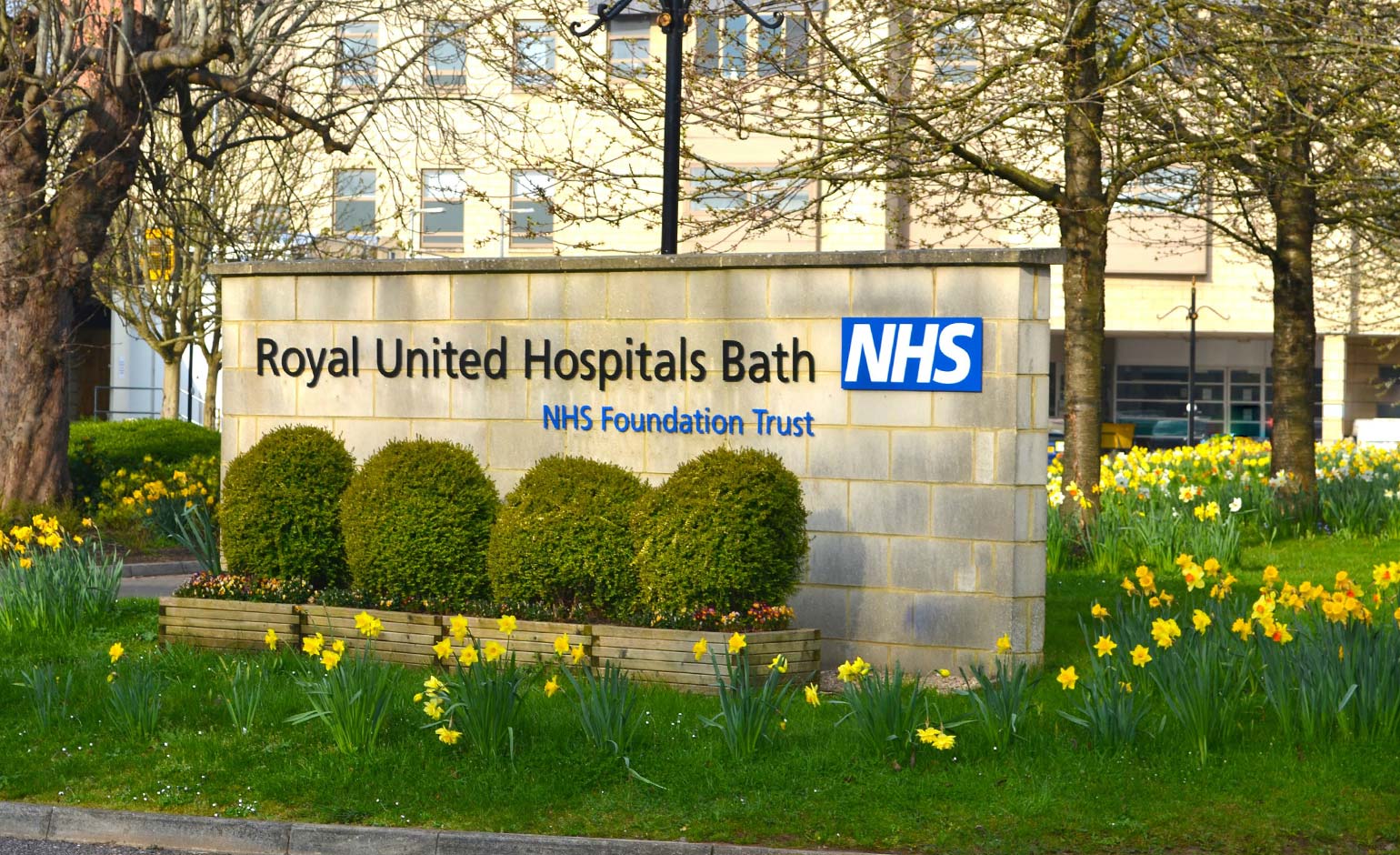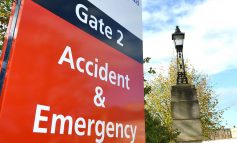Strike action by members of the Royal College of Nursing is set to impact some services at the Royal United Hospital in Bath on Thursday 15th and Tuesday 20th December.

Photo courtesy of the RUH
The strike, taking place between 8am and 8pm, the time from the start of a day shift until the start of a night shift, is taking place due to the ongoing dispute between the Royal College of Nursing (RCN) and the Government.
The RCN has called for a pay rise of 19.2%.
Those who have a scheduled appointment at the RUH on 15th or 20th December are being told to attend unless they hear from the hospital. Patients have been advised they will be contacted directly if appointments need to be changed.
All urgent emergency services will continue as normal, with the emergency department open 24 hours a day, if you have a life-threatening emergency.
If you have a minor illness or minor injury, local GP surgeries and pharmacies are open for you.
If you have an urgent medical problem that isn’t an emergency and you aren’t sure what to do, contact 111 first by phone or online – they will provide immediate medical advice and direct you to the best care for your needs.
The RUH has confirmed that maternity care is not affected by the strike action taking place on Thursday 15th December.
All maternity services will be running as planned, including at the RUH and at the various community units. Outpatient maternity appointments will be going ahead as usual.
On the days of the strike, the hospital will be making an exception to usual ward visiting times, and you can visit any time from 8am to 8pm. You do not need to book in advance and you can stay as long as you would like to.
Two visitors can attend at a time, and this may also include children under the age of 18.
Do not visit if you have any COVID-19 symptoms, or if you have had any diarrhoea or vomiting in the past 48 hours.
As always, visits will not be possible in areas closed due to infection, other than in exceptional circumstances.
Exceptions apply to the Children’s Ward, Neonatal intensive Care Unit, vulnerable adults, and patients nearing the end of their life.



